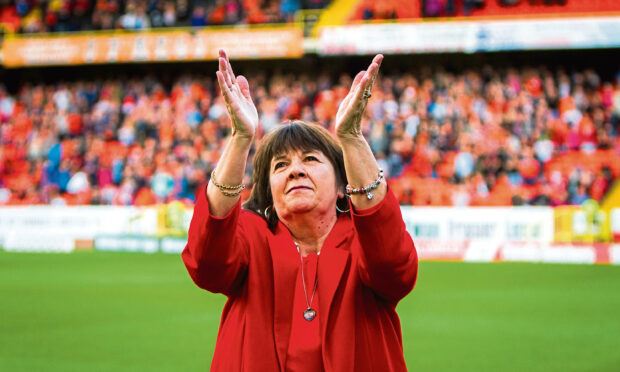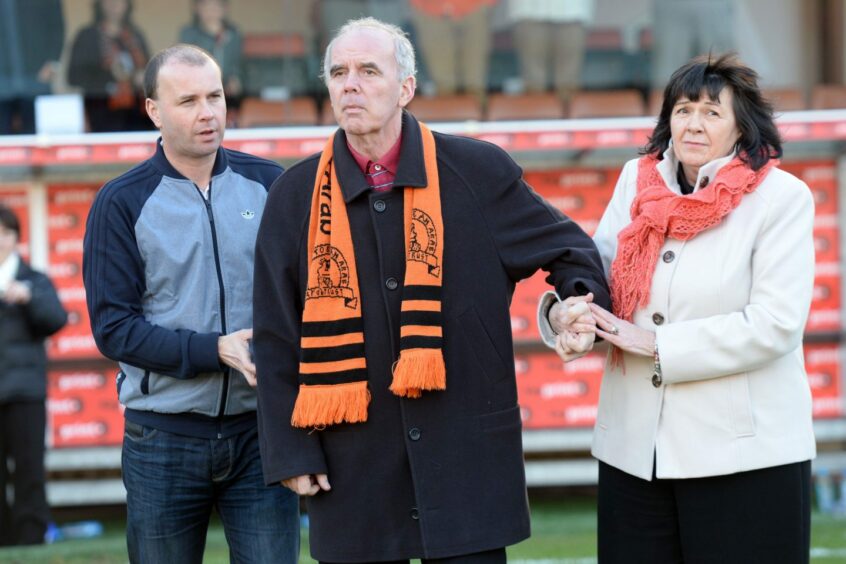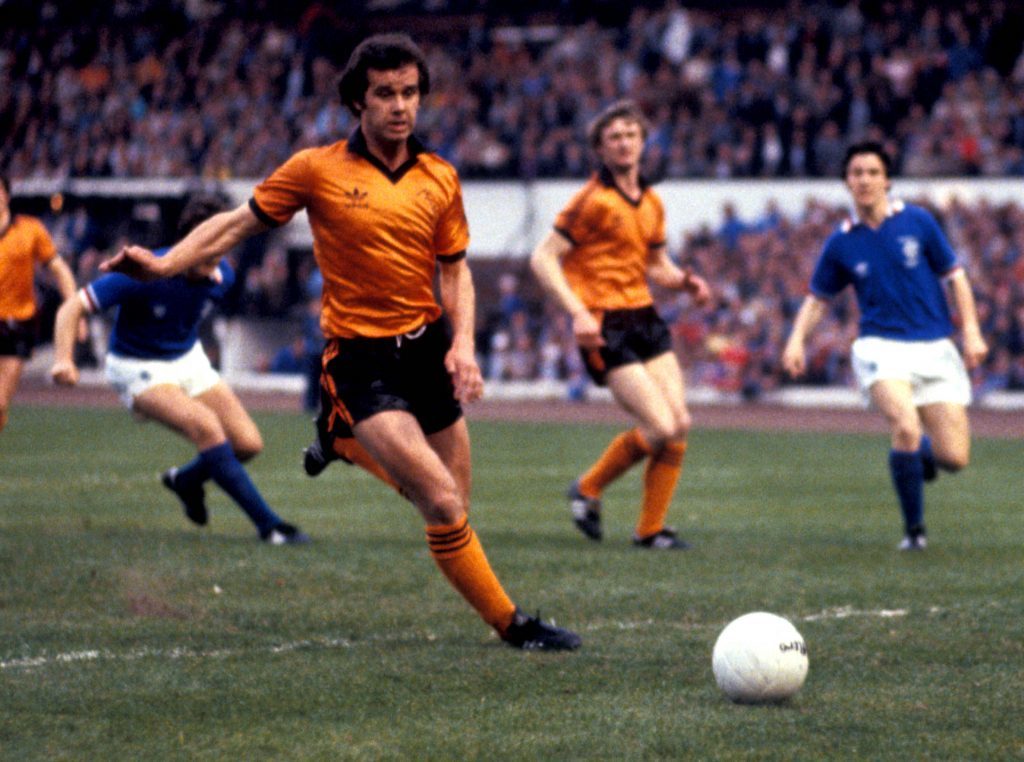Amanda Kopel has welcomed new SFA guidelines limiting how often players can head the ball as “a huge step in the right direction”.
Headers in training on the day before and the day after a game have been prohibited.
Clubs have also been ordered to limit sessions that involve repeated heading to once a week following research carried out by the governing body, in conjunction with the Hampden Sports Clinic.
The SFA already implements a ban on headers in training for under-12s.
Mrs Kopel spearheaded the Frank’s Law campaign to abolish care charges for under-65s with debilitating conditions after the death of her husband, Dundee United legend Frank.
“When I read the news this morning, my first thought was: that’s a huge a step in the right direction,” she told The Courier. “They (SFA) have come out with something very positive.
“But they must make sure it is being followed through by the clubs, 100 per cent. There’s no point them coming out with these rules and then clubs are allowed to skirt around them.
“Scotland — and I was so proud of this — was the first country in Europe to ban heading for the under-12s and then England followed suit.
“So I would like to think that England and Europe will also take our lead on this issue.”
Mrs Kopel added: “These rules won’t bring back our husbands. But if it stops this happening to someone else, then it’s a great thing.”
Frank’s Legacy
Tannadice hero Frank Kopel, who played 407 times for the club, died in 2014 after a battle with dementia.
Celtic icons Billy McNeil and Stevie Chalmers have also passed away due to the same illness, while former Scotland international Gordon McQueen was diagnosed with vascular dementia in February 2021.
Kopel describes Professor Willie Stewart, a consultant neuropathologist who carried out pioneering work into the effects of repeatedly heading the football, as a “rock” in the journey towards making the sport safer.
However, there can be little doubt that the Kopel family — among other persistent campaigners — have played a huge part in amplifying this issue.
“It’s nothing to do with me,” Mrs Kopel continued. “Any part we have played in bringing focus to this issue; that’s Frankie’s legacy — just like the Frank’s Law campaign.”
Support
Although Mrs Kopel is relieved that the welfare of footballers is being considered, she has also called on the SFA to give thought to athletes for whom these guidelines may come too late.
She added: “This will hopefully be a big step in terms of protecting the brains of present day players, but what about those playing in the last 13 years?
“How many of them were doing serious damage to their brains during this period of sitting on the fence?
“They could set up a fund that supports families of former players — ex-members of the Scottish FA pyramid, after all — if they are really struggling and need help with medical costs or, for example, a care home.
“That can be especially hard for those who played at a semi-professional or amateur level.”














Conversation